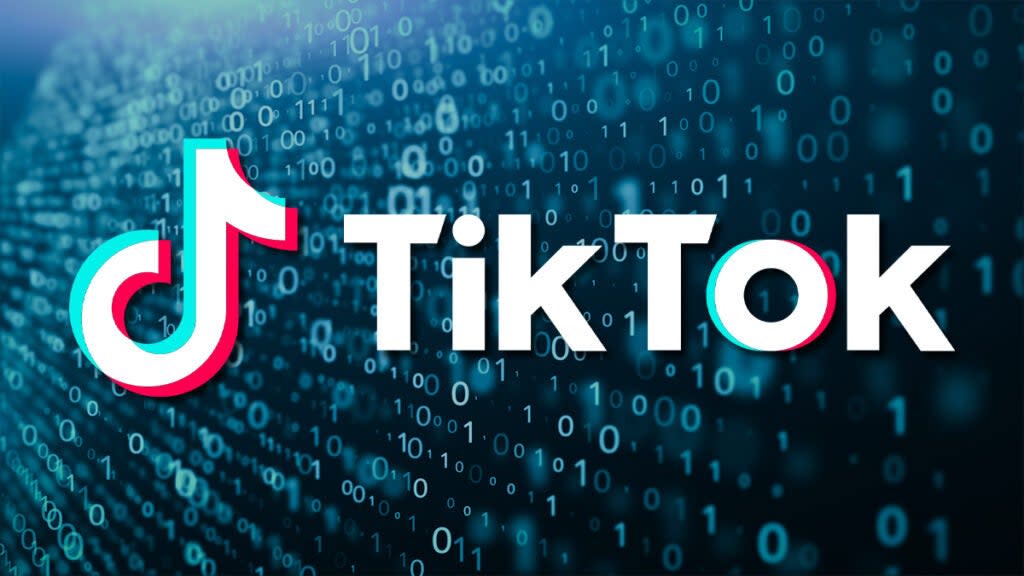Why TikTok Will Likely Remain on App Stores Despite Pressure From the FCC

TikTok may be safe, for now, even as the Federal Communications Commission urges tech giants to remove the app from its stores. According to multiple tech and legal experts, there’s little the FCC can ultimately do to regulate the popular video app.
“The FCC can’t do anything,” civil litigator Christa Ramey told TheWrap. “They have no regulatory power over social media, app stores or software.”
In a June letter from FCC commissioner Brendan Carr to Google and Apple chief executives, the official requested the removal of TikTok from their app stores over national security concerns and a violation of terms on those platforms. The two companies, which have until Friday to respond to the request, have issued no statement since the letter was sent last week.
Also Read:
5 Ways TikTok Stars Are Reshaping the Creator Economy
Although Carr calls out TikTok as “a sophisticated surveillance tool that harvests extensive amounts of personal and sensitive data” that can be accessed in China — where the app’s parent company, ByteDance, is based — TikTok users agree to its user data terms when they download the app. Carr said that makes it a private business agreement between the parties.
“There is not much the government can do from a prosecutorial or civil standpoint to impose any fines on TikTok. They’re not breaking the law,” Ramey said.
Any action taken against TikTok, from a change to its operations to its removal from the U.S. market, would have to come from Congress, experts said. And while there have been ongoing efforts to regulate TikTok, including former President Donald Trump pushing to ban the app entirely, Ramey said both political parties have yet to agree on a course of action.
Representatives for TikTok, Google, Apple and the FCC didn’t respond to TheWrap’s requests for comment.
While many apps, especially social media platforms, collect user data and share them with third parties, the fear with TikTok is that the Chinese government may be able to access private data on American citizens if it ordered ByteDance to hand it over. TikTok has changed the “default storage location” of user traffic so that it’s routed in the U.S. through Oracle cloud servers, with the two companies together managing and auditing American data. The company had been using its own data centers in Virginia and Singapore, and these will continue to serve as “backup data storage.” The company also said last month it will establish leadership in the U.S. to manage American user data.
That may not do anything to impress the FCC, though. Amnon Siev, founder and CEO of cybersecurity firm GeoEdge, said that the physical location of servers doesn’t actually matter when it comes to the ability to access data.
“As cyber capabilities advance, workarounds exist to harvest user data despite the physical location,” Siev said. “Here, the key concern is that user data would end up in the hands of Chinese intelligence.”
These potential risks haven’t stopped users and content creators from flocking to TikTok, which reached 1 billion monthly users last year. TikTok has become the fastest-growing social app. It’s on track to triple its 2021 ad revenue to $11.64 billion this year, and surpass the revenue of Twitter and Snap combined.
The platform has also been lucrative for influencers and TikTok “stars,” who would have to establish their business elsewhere if TikTok gets booted from app stores. But those who already have TikTok downloaded would still be able to use the app or access their accounts through the desktop site, but the app would no longer get updated.
“For content creators, this situation calls into question the long-term platform stability of TikTok in the U.S.,” Shirley Romig, CEO of social platform Mixo, said. “For creators who make a living off of content platforms, there is a risk in putting all of your eggs in one basket.”
Still, TikTok remains the top free entertainment app on iOS and the top free social app on Google Play. Out of $65 billion in global consumer spending in the first half of 2022, TikTok was the highest grossing non-game app in the world, according to Sensor Tower. While the app is free to download, users can make in-app purchases to pay creators or buy products from brands. It was also the most downloaded non-game app globally this year, beating Meta-owned Instagram, Facebook, WhatsApp and Snap.
TikTok’s sheer success makes it further “unlikely” that Apple and Google’s No. 1 app will get removed after this FCC demand, according to Siev. Not only would it go against their economic interests, but the two giants have increasingly been criticized over app store policies that have failed to protect users. For example, Apple admitted last year that it has allowed some companies to bypass its app store review process as part of an enterprise program for large companies. But Apple said it later had to make changes to this program after incidences of abuse, one of which involved Facebook getting suspended for distributing an app that was collecting user data.
“For over a decade, tech giants like Google have publicly boasted about user protection standards but historically failed to meet and ensure audience protection,” Siev added. “From noncompliance with their own policies to finding loopholes and workarounds, Google’s blatant disregard for online audience protection is apparent.”
While we may see TikTok make some changes as a result of this FCC request, such as relocating its servers and adding U.S. leadership to manage user data, Ramey noted that any regulation impacting the app will likely come in the form of broader social media protections. Some of those proposals, including proposed reform of Section 230 of the 1996 Communications Decency Act, would address wider industry concerns, rather than company-specific issues.
“TikTok will make changes at the very least for public relations reasons,” Ramey said.

